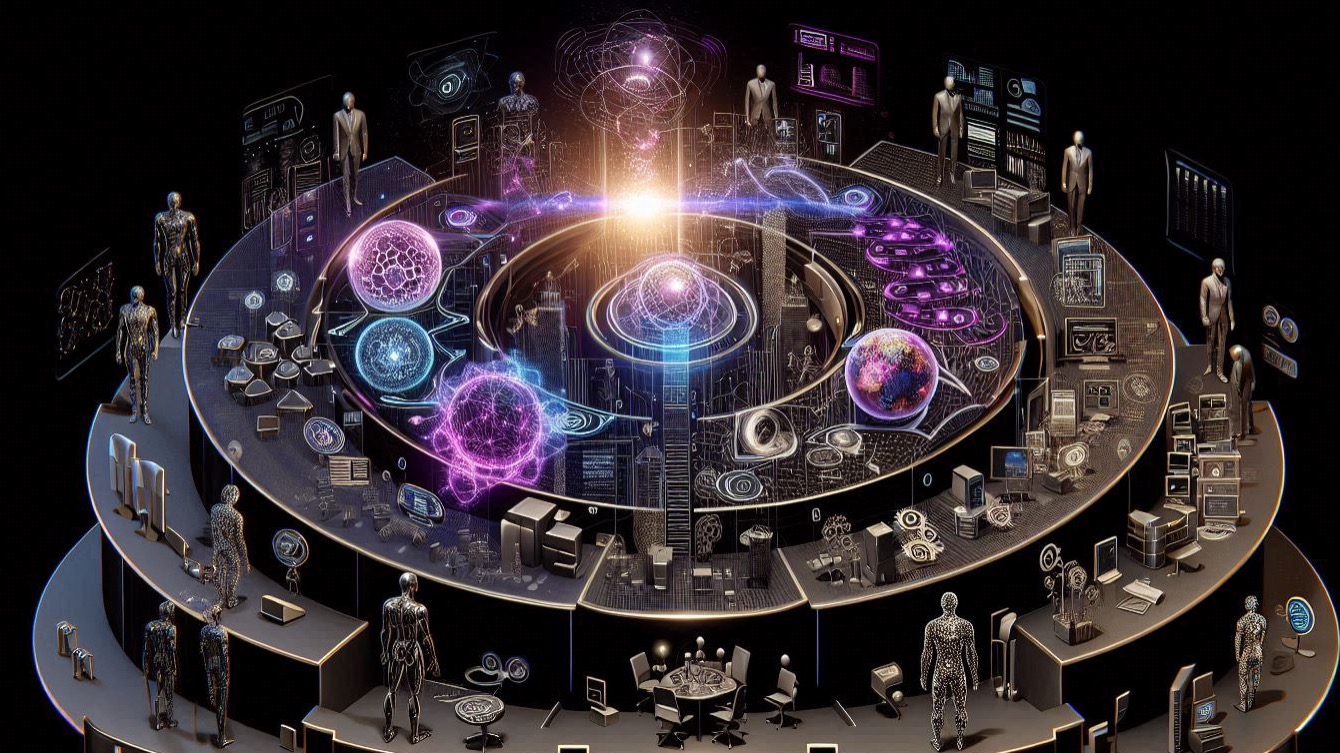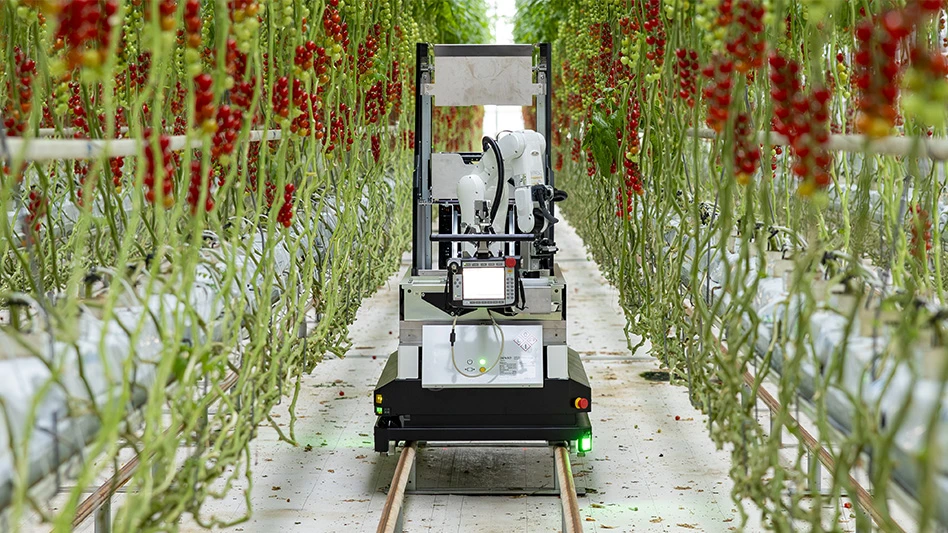What on Earth Is AGI, and Why Should You Care?
Alright, let’s start with the basics. AGI stands for Artificial General Intelligence. Unlike your voice assistant, which panics if you mumble your request, AGI is supposed to think, learn, and reason just like a human. We’re talking about a machine that doesn’t just memorize trivia but can understand the why behind it. Think of it as AI’s smarter, more independent cousin.
Now, imagine having a digital Einstein that not only cracks equations but also folds your laundry, writes poetry, and debates philosophy. Sounds cool? Terrifying? Both? Welcome to the world of AGI.
AGI vs Narrow AI: The Brainy Sibling Rivalry
Before you toss your smartphone in a fit of betrayal, let’s clear things up. Most AI you use daily, like search engines, Netflix recommendations, or that one app that guesses your age wrong, are Narrow AIs. They’re smart, but only at one thing.
AGI, on the other hand, is like the overachieving sibling who aces every subject in school. It’s designed to handle a broad range of tasks, just like a human. So, instead of training 100 different models for 100 problems, AGI tackles them all with one brain. Pretty ambitious, right?
OpenAI and DeepMind: The Rockstars of AGI Research
If AGI research had a red carpet, OpenAI and DeepMind would be the celebrities with sunglasses and fan clubs. These two organizations are leading the charge in making AGI safe, smart, and (hopefully) not interested in world domination.
OpenAI, yes, the brains behind ChatGPT, is all about ensuring AGI benefits all of humanity. DeepMind, a sibling from across the pond, became famous for building AlphaGo, the AI that crushed world champions at board games. Now they’re working on AGI that can reason, plan, and even use logic better than some of us on a Monday morning.
Real-World Uses: Not Just Sci-Fi Anymore
Think AGI is decades away? Think again. Pieces of AGI are already at work:
- Healthcare diagnostics
- Climate modeling
- Logistics and transportation
It’s already improving real lives and yes, even optimizing your pizza delivery. AGI might not be ready to take over the world, but it’s taking over your calendar.
The Algorithms Behind the Curtain
So how does this wizardry work? At the heart of AGI are algorithms that learn and adapt. These aren’t your average if-this-then-that codes. We’re talking deep learning, reinforcement learning, and more acronyms than you can shake a USB stick at.
Here’s a glimpse at what powers AGI:
| Algorithm Type | What It Does |
|---|---|
| Deep Learning | Mimics brain-like structures to process data |
| Reinforcement Learning | Learns by trial, error, and rewards |
| Meta-Learning | Learns how to learn |
| Evolution Strategies | Mimics natural selection |
Ethical Dilemmas: Creating Frankenstein?
With great intelligence comes great responsibility (thanks, Uncle Ben). The ethical concerns around AGI are real. What happens when machines can think better than us?
DeepMind takes this seriously. They have an internal ethics board and publish extensively on fairness, bias, and transparency. But even so, questions linger:
- Who owns AGI?
- Can it be weaponized?
- Will it take our jobs or free us to pursue dreams?
It’s a balancing act between genius and caution.
The Money Trail: Who’s Funding the Future?
Spoiler: it’s not just nerds in basements anymore. Big bucks are flowing into AGI from tech giants, governments, and private investors. Why? Because AGI has the potential to revolutionize… well, everything.
| Funder Type | Examples |
| Big Tech | Google, Microsoft, Amazon |
| Government | U.S. DARPA, EU AI initiatives |
| Private Sector | Elon Musk, Peter Thiel, startups |
The investment race is heating up. Think of it as the space race, but with algorithms instead of astronauts.
Training an AGI: It’s Like Raising a Very Smart (Digital) Kid
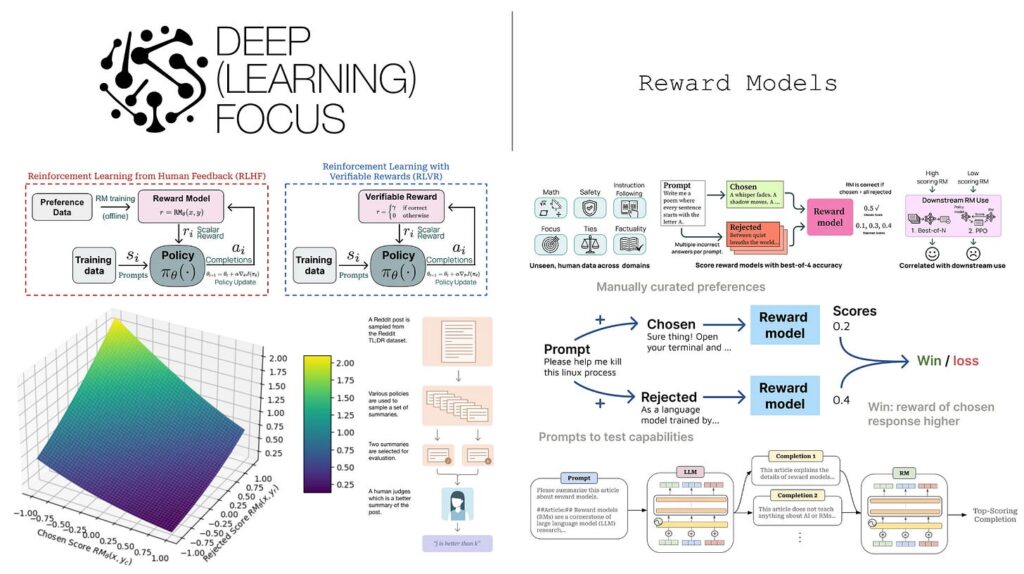
Building AGI isn’t just about coding. It’s about teaching. Researchers train AGI using massive datasets, feedback loops, and tons of compute power. It’s like giving your kid every book ever written and then asking them to summarize humanity.
But it’s not all sunshine and machine learning. There are big challenges:
- How do you avoid bias?
- How do you measure understanding?
- Can it explain its decisions?
AGI needs to be more than just smart; it has to be responsible and explainable.
Global Collaboration or Competition?

Some countries treat AGI like a moon landing mission. Others treat it like a secret weapon. While OpenAI advocates for global cooperation, geopolitical tensions suggest a race is underway.
So will AGI unite humanity or deepen the divides? The answer may depend on how well we play with others in the AI sandbox.
From Fiction to Function: Pop Culture vs Reality
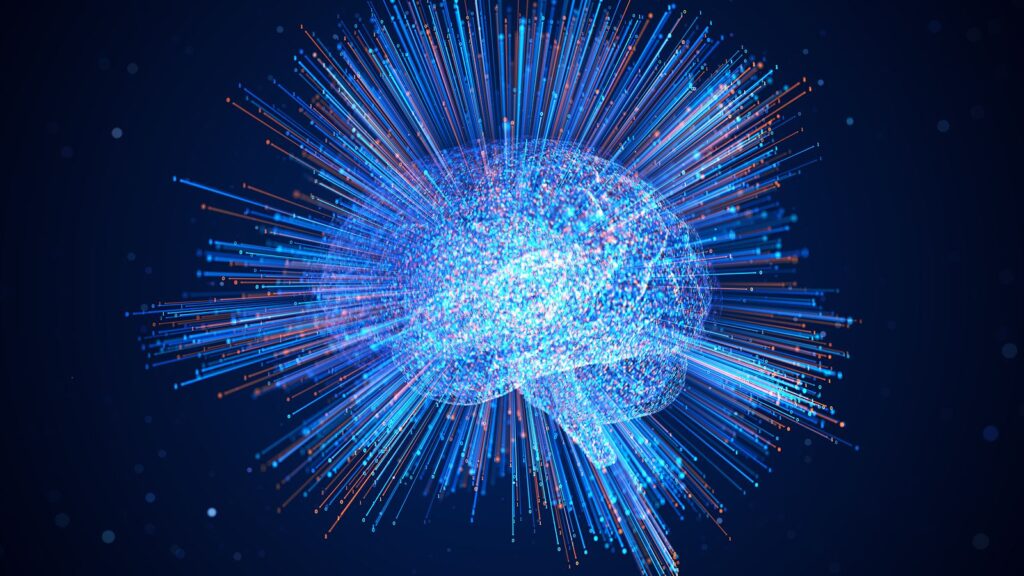
Hollywood loves AGI, usually in the form of a misunderstood robot or a machine bent on destruction. Think HAL 9000, Ultron, or Ex Machina. But real AGI isn’t about lasers and rebellion.
It’s about smarter problem-solving, better decision-making, and yes, cooler tech. The reality is less dramatic but a lot more impactful.
Future Predictions: Where Do We Go From Here?
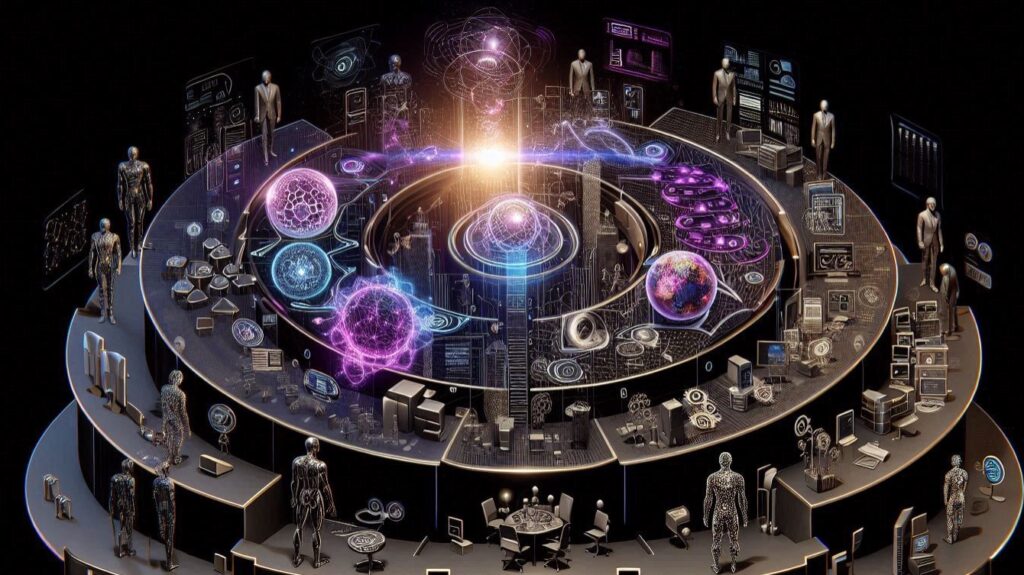
Ask ten experts about AGI, and you’ll get twelve opinions. Some say it’s 5 years away. Others say 50. But everyone agrees: it’s coming. The real question is how ready we are when it does.
The road ahead involves:
- Better alignment with human values
- Global policy frameworks
- Transparent development
We’re not just building brains. We’re shaping the future of intelligence.
Conclusion: Why Algorithmic Artificial General Intelligence Matters
AGI isn’t just another buzzword to toss around in tech circles. It’s a seismic shift in how machines interact with the world. Algorithmic artificial general intelligence blends advanced math, code, and philosophical questions into one giant leap for machine-kind.
It’s funny, mind-blowing, and occasionally terrifying. But it’s here. And it deserves your attention. Whether you’re a curious reader, a cautious skeptic, or a future AGI whisperer, one thing’s clear: the age of algorithmic AGI is just getting started.
FAQ: Algorithmic Artificial General Intelligence
- What is algorithmic artificial general intelligence?
It refers to AGI systems built on learning algorithms that can adapt to new tasks and reason broadly like humans. - How is AGI different from regular AI?
Regular AI is task-specific; AGI can handle many tasks across different domains without being retrained. - Is AGI dangerous?
It can be, which is why safety, ethics, and regulations are crucial parts of its development. - Who is leading the development of AGI?
Organizations like OpenAI, DeepMind, and various universities and think tanks are at the forefront. - When will AGI become mainstream?
Predictions vary widely, but experts suggest that, within the next few decades, depending on progress and policy.

